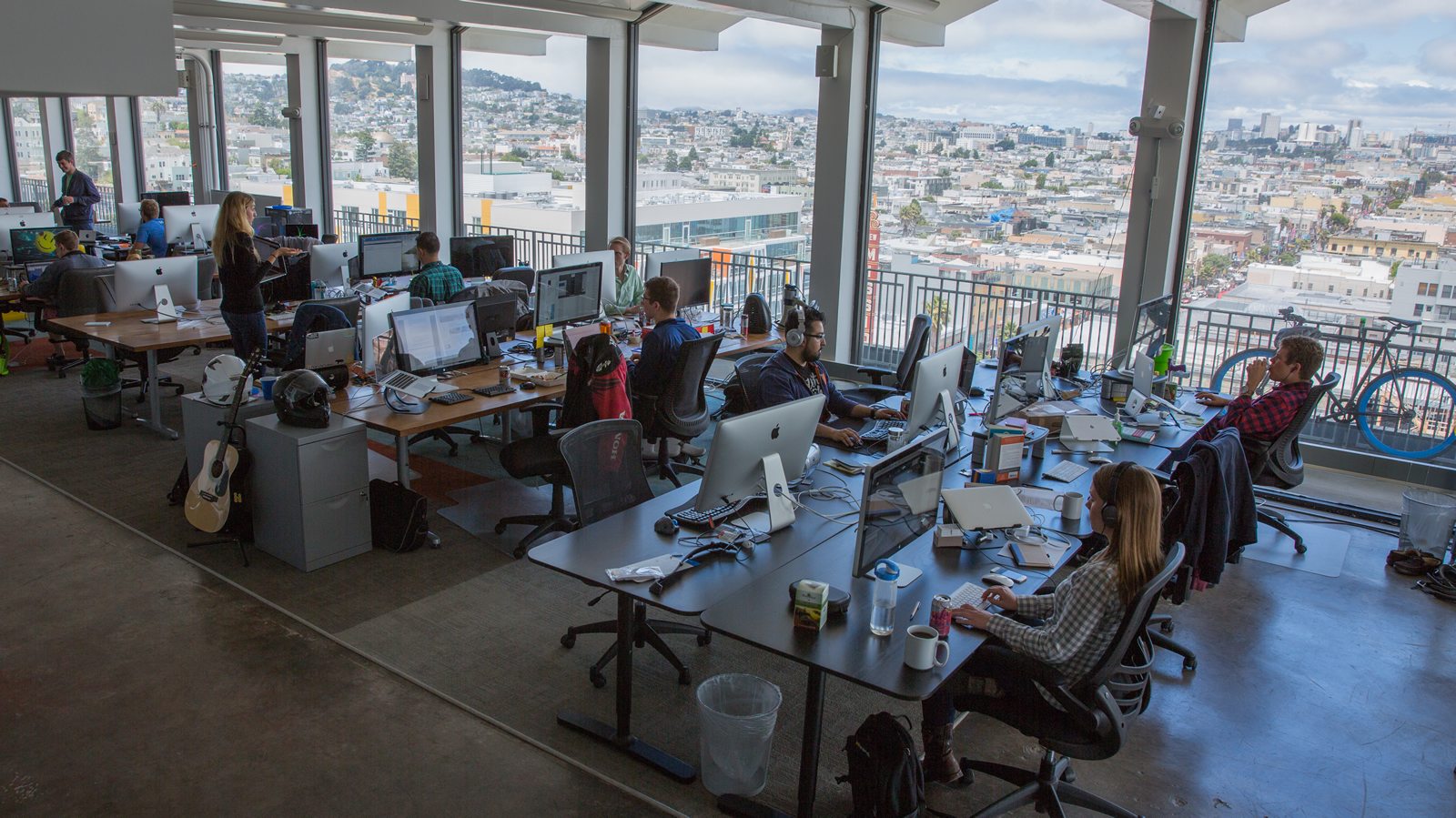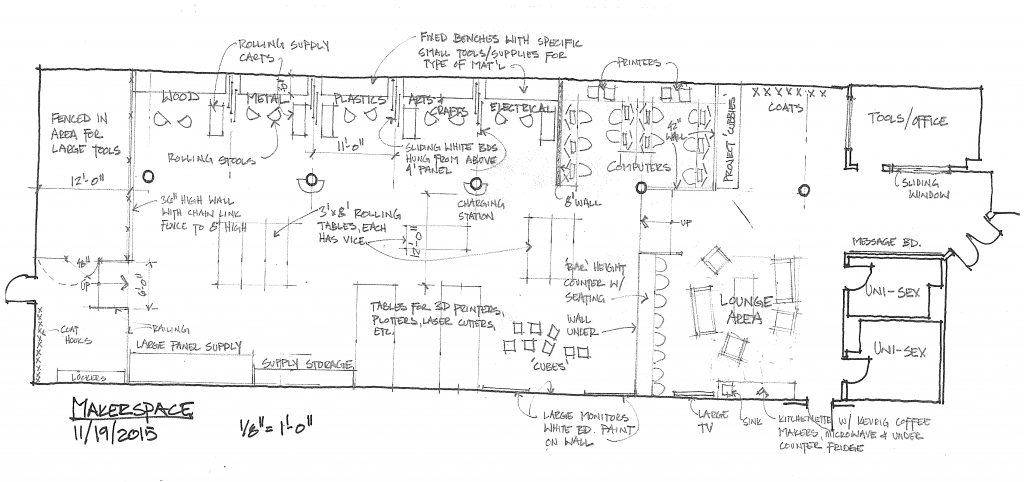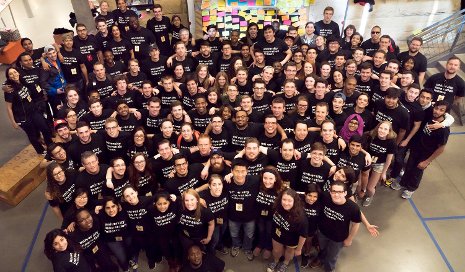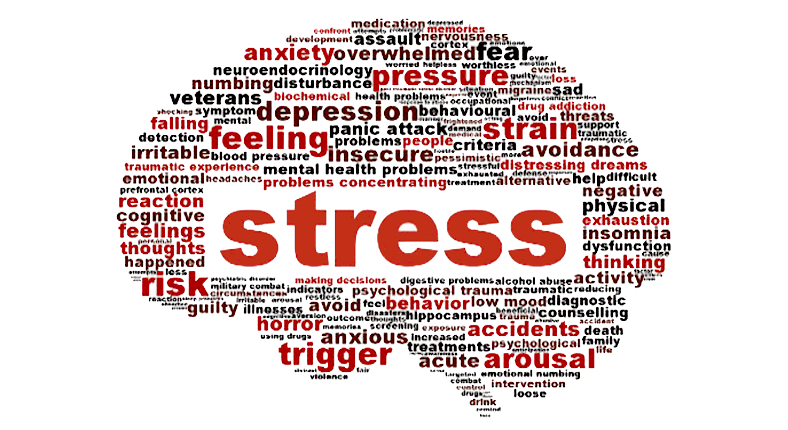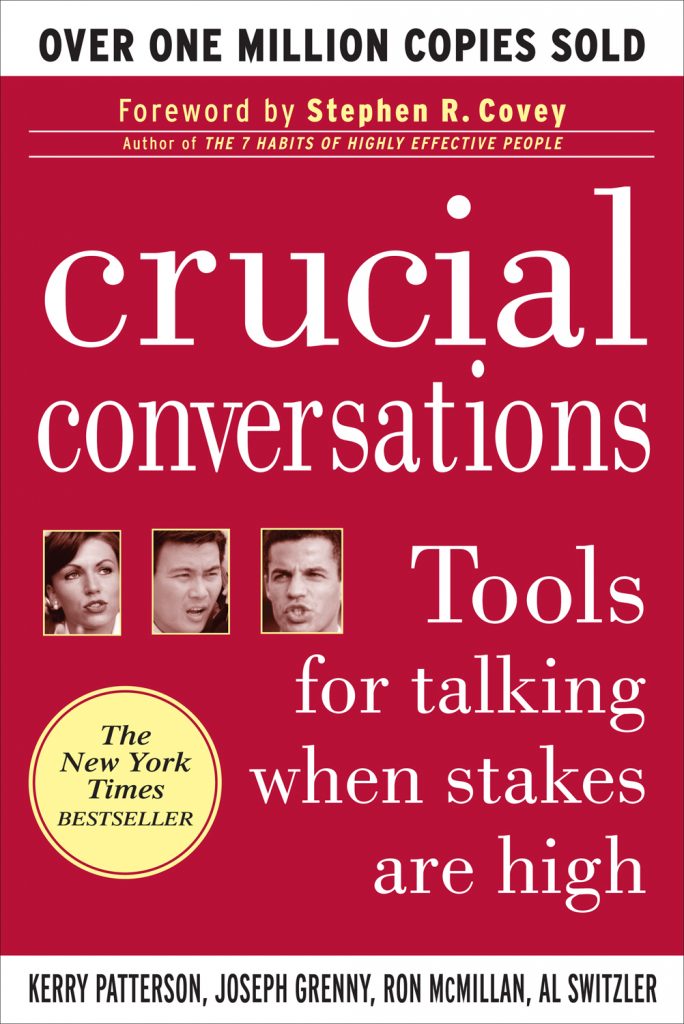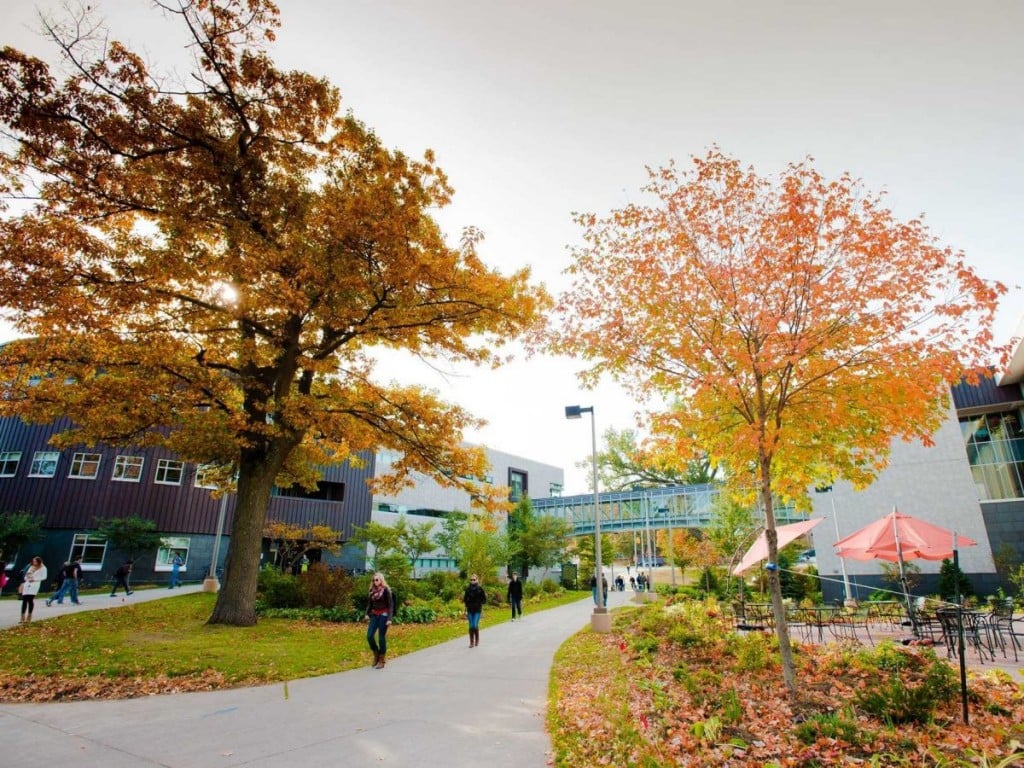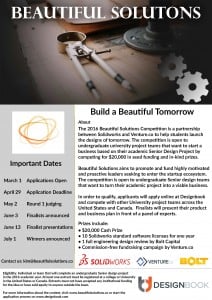The Science, Mathematics and Research for Transformation (SMART) Scholarship for Service Program is an opportunity for students pursuing an undergraduate or graduate degree in Science, Technology, Engineering, and Mathematics (STEM) disciplines to receive a full scholarship and be gainfully employed upon degree completion with a Department of Defense facility. The Program will pay for all educational expenses for a B.S., M.S. or Ph.D. degree, and then provide scholars unique opportunities to work as research scientists or engineers on cutting edge technology in world class Department of Defense facilities.
SMART Scholars receive:
• Full tuition and educational fees
• Generous cash stipend ranging from $25,000 – $38,000 per year
• Paid summer internships, health insurance, and miscellaneous allowance
• Employment with Department of Defense facilities after graduation
Students pursuing degrees in the following fields are encouraged to apply:
o Aeronautical and Astronautical Engineering
o Biosciences
o Chemical Engineering
o Chemistry
o Civil Engineering
o Cognitive, Neural, and Behavioral Sciences
o Computer, Computational Science, and Computer Engineering
o Electrical Engineering
o Geosciences
o Industrial and Systems Engineering
o Information Sciences
o Materials Science and Engineering
o Mathematics
o Mechanical Engineering
o Naval Architecture and Ocean Engineering
o Nuclear Engineering
o Oceanography
o Operations Research
o Physics
Basic eligibility requirements are as follows:
o a U.S. citizen at time of application (some exceptions apply),
o 18 years of age or older as of August 1, 2017,
o able to participate in summer internships at DoD laboratories,
o willing to accept post-graduate employment with the DoD,
o a student in good standing with a minimum cumulative GPA of 3.0 on a 4.0 scale and,
o pursuing an undergraduate or graduate degree in one of the disciplines listed above
The applications have been closed for 2016. For more information, please visit http://smart.asee.org.


